The Prince and the Pea: Subjective or Objective Fear in the Petitioner?
 Saturday, August 25, 2012 at 9:56PM
Saturday, August 25, 2012 at 9:56PM In his ORDER SETTING BAIL on July 5, 2012, Judge Kenneth Lester made several stipulations clear about what attorney Mark O’Mara’s client, George Zimmerman, could and could not do. For instance, he would be able to travel anywhere he wants as long as it’s within the boundaries of Seminole County. If he finds it necessary to leave the county, all he has to do is pass it by the court for authorization. It’s a rather plain and simple directive and something a five-year-old should be able to comprehend.
However…
In his MOTION TO MODIFY CONDITIONS OF RELEASE dated August 22, 2012, Mr. Zimmerman, through his attorneys, cited two issues pertaining to matters addressed in the judge’s above order. Call them problematic. The Court, for instance, must realize by now, due to the great amount of national and international publicity, not to mention notoriety and animosity, that Zimmerman “and his entire extended family have had to live in hiding, fearing for their own safety.” Therefore, he should be able to move out of the county, too.
I disagree with Mr. O’Mara’s choice of words. He exaggerates. How? In many ways, but for now, here’s a ‘for instance.’ It’s one thing to complain about the woes that have befallen his client, but his client and only his client was responsible for the big mess he’s in — not his family. Daddy did not hold his hand the night he pulled the trigger. Therefore, why bother bringing up any issue over his family’s fears for their own safety? It’s not that I don’t care, it’s just that there is nothing stopping them from moving out of the area any time they please. There are no restrictions on them whatsoever, and to suggest in that motion, albeit indirectly, that the Court was somehow responsible for this problem is, well, not showing a clear sense of responsibility. There is no way the Court can magically order the public to leave the Zimmerman family alone.
This is George’s unfavorably conducive style; his M.O. These are his edicts, sua sponte, not necessarily those of his attorneys. While his motions are filled with innuendos that tend to absorb what little substance they hold, it’s when he opens his mouth that we see him for what he is.
Full of Zimmermanure.
He not only speaks with a forked tongue, he also twists his tongue when he speaks. A good example of this came during his Hannity interview on FOX News. When asked if he would have done anything any differently, given ample opportunity to think about it now, he said he really hadn’t had the time to think about it, but after thinking about it, he wouldn’t have changed a thing. He regretted nothing and it was God’s plan. He had nothing to feel sorry about. Did that make sense? Wait. It gets worse.
Later in the broadcast, he turned and faced the camera, and in his best “My fellow Americans…” presidential-style address, he apologized to the nation, his wife, and everyone involved in the case, including Trayvon Martin’s parents. In my opinion, it was, at best, sickeningly insincere. Incidentally, a truly biased judge would have called him on the carpet for addressing Trayvon’s parents because, in his order, Judge Lester wrote:
“The Defendant shall not have any contact with the victim’s family, directly or indirectly, except as necessary to conduct pretrial discovery through his attorneys[.]”
Redundancy
My complaint, while being about the Petitioner, also includes his attorney and how he’s handling the case; his motions, in particular. In this very same Motion To Modify Conditions Of Release, O’Mara wrote:
“One of the conditions of release is that Mr. Zimmerman is not to leave Seminole County without prior authorization by this court.”
Right, Mr. Knechel, you already said that. Well, yes I did, but so did the judge and Defense, and just to clarify, this is a two-part motion. The second part addressed traveling outside the county, not moving out. The judge’s order covered it and the defendant acknowledged it, so what was the point of this final statement in Zimmerman’s latest motion?
“The restriction of Mr. Zimmerman not to leave Seminole County has had a deleterious effect on his ability to assist in the preparation of his own defense. Communications have been unnecessarily limited to telephone and occasional visits by counsel. Mr. Zimmerman must be able to travel to meet with his lawyers, and to attend to various other necessary matters to prepare this matter to move forward.”
Hmm… deleterious… injurious to health; pernicious, hurtful, destructive and noxious according to dictionary.com. My, what $5.00 words he uses that won’t impress any sitting judge let alone little old me. While I realize the motion also asked that Zimmerman be allowed to move outside of Seminole County, a request the Court denied, the rest of it is redundant. Here, verbatim, is what the judge wrote in his July 5 order:
“The Defendant shall not leave Seminole County without prior authorization by this Court[.]”
How much clearer can one get? All the defense had to do was ask. Why was it necessary to dedicate the brunt of this motion on something that was already covered a month-and-a-half earlier? And if O’Mara were really fearful of Zimmerman’s safety while residing somewhere in the entire county of Seminole, how much safer should he feel while his client is sitting in his office in downtown Orlando? Talk about deleterious! I’m serious.
Here’s the way I see George Zimmerman. When he doesn’t get what he wants, he whines and cries. He feels boxed in and claustrophobic. He gets restless and can’t sleep at night. His mattress turns lumpy. You see, George is starting to remind me of The Princess and the Pea with one major difference. He cannot get a comfortable night’s sleep until all his demands are met. The pea, in this case, is Kenneth R. Lester, Jr. who must be removed and replaced by a fairy tale friendly judge so Prince George, his friends, his family and his fellow American loyalists will be allowed to live happily ever after.
Fearing Fear Itself
In Nit-Picking Nit-Writ, I addressed the PETITION FOR WRIT OF PROHIBITION filed by the Zimmerman defense. I pointed out how O’Mara had offered evidence about the shooting on the night of February 26 and why it was not only unnecessary, it was useless. A writ of prohibition, in this case, only pertains to why the trial judge should be recused. It’s not for anything else. What O’Mara did was inflate a very weak document with superfluous fluff, like adding TVP to a package of fatty, grisly hamburger meat, and I don’t feel the appeal court is going to buy any of it.
I do believe that Assistant Attorney General Pamela Koller offered up a much meatier argument against the Defense appeal. I will elaborate on that a bit and address the finer points of the State’s RESPONSE TO PETITION FOR WRIT OF PROHIBITION. In particular, I want to look into the two types of fear that the district court will examine — objective and subjective.
In 2005, I wrote a post about how slants change your views of the news. Titled, An unbiased look at news slants, I last updated it in February of 2010. I think it should give you a foundation on objectivity and subjectivity.
Objective information strives to remain unbiased. Dictionaries and other materials of reference, such as encyclopedias, generally provide factual information. Traffic lights are red, green and yellow. Yellow means caution, green means to go and red means to stop.
Subjective information is formed by personal opinion. Editorial sections in newspapers are subjective. While editorials and letters to the editor can be based on fact, opinions are usually based on personal interpretations of facts. Humans are responsible for global warming. Global warming is caused by natural earth cycles, such as the Ice Age. In these cases, separate and valid viewpoints can be substantiated by citing legitimate sources.
We know that George and Shellie Zimmerman lied to the Court about access to money and a second passport they claimed they didn’t have. The judge acknowledged that in his order revoking bond and Team Zimmerman then proceeded to call it biased, including the judge’s reprimand. (It’s interesting to note that the defendant still managed to post bail despite the Court setting it much higher than what was originally granted.) The fact that bail was granted at all after the second request could be considered a testament to the judge’s fairness.
The Judge’s Order Setting Bail infuriated the Defendant and his counsel. How dare the Court look at his lies at all, let alone “judge” his actions and lack of respect for the court. To do so was nothing short of biased, they claimed, so they filed their writ of prohibition with the higher court. The bottom line now is how the Fifth District Court of Appeal will look at this motion — as an objective or subjective complaint — and rule accordingly, based on objectivity. Does Zimmerman have a leg to stand on? Is his distress based on a paranoid fear of persecution in general (subjective) or has this judge exhibited (objective) behavior in the past that truly legitimizes his concerns?
Let’s look at this objectively. In its response to the writ, the State wrote:
Petitioner complains about rulings in the past in his background section, but it is well established that “[t]he fact that the judge has made adverse rulings in the past against the defendant, or that the judge has previously heard the evidence, or ‘allegations that the trial judge had formed a fixed opinion of the defendant’s guilt, even where it is alleged that the judge discussed his opinion with others,’ are generally considered legally insufficient reasons to warrant the judge’s disqualification.” Rivera, 717 So. 2d at 481 (quoting Jackson v. State, 599 So. 2d at 107; see also Areizaga v. Spicer, 841 So. 2d 494, 496 (Fla. 2d DCA 2003) (It is well established that a trial court’s prior adverse rulings are not legally sufficient grounds upon which to base a motion to disqualify).
In other words, this is not merely a complaint about Lester’s language in the bail order, it’s also about his prior rulings in Zimmerman’s pretrial motions. This is something that should be taken up post-conviction, if necessary, not now, and it epitomizes my description of superfluous fluff; not worth the paper it’s printed on. What the defense wants to do is set a silly precedent; that every single defense motion denial is biased. This would then have to include every case that has ever come before a court. Overturn every verdict because motions were denied! All in the name of George! Clearly, this is subjective thinking. “I think,” O’Mara could opine, “every motion that was turned down was done so by judicial bias.”
Of course, it’s every defense attorney’s dream, but most are smart enough to know it’s nothing more than a whimsical flight of fancy. Cheney Mason tried the same thing during the Anthony case and got nowhere.
The State cited Rolle ex rel. Dabrio v. Birken, 984 So. 2d 534, 536 (Fla. 3d DCA 2008):
Likewise, we recently pointed out that a “mere ‘subjective fear’ of bias will not be legally sufficient, rather, the fear must be objectively reasonable.” Arbelaez v. State, 898 So. 2d 25, 41 (Fla. 2005) (quoting Fischer v. Knuck, 497 So. 2d 240, 242 (Fla. 1986)). We do not find Mansfield’s allegations of fear to be objectively reasonable. See also Asay v. State, 769 So. 2d 974 (Fla. 2000). Our cases support the trial court’s denial of the motion to disqualify, and we affirm the trial judge’s order.
Notwithstanding, Lester had every right to keep Zimmerman behind bars because the State went on to say that:
The judge again set a bond for Petitioner, and Petitioner is currently out on bond. Thus, the grounds listed by Petitioner in his motion are facially insufficient.
… and that the Petitioner is manipulating the system. From Cf. Brown, 561 So. 2d at 257 n. 7:
(“We hasten to add that our holding should not be construed to mean that a judge is subject to disqualification…simply because of making an earlier ruling in the course of a proceeding which had the effect of rejecting the testimony of the moving party. At the very least…there must be a clear implication that the judge will not believe the complaining party’s testimony in the future.”).
While the assistant attorney general cited many examples of why this particular writ of prohibition is without merit, it is, by its very nature, nearly as subjective as the writ itself. Both sides came to their respective conclusions based on their own interpretations of case law. As the appellate court looks at this issue with complete objectivity, it should see that Judge Lester has not been prejudiced against George Zimmerman — and most assuredly, not personally. In my opinion, based on what the Defense and State both submitted, the original motion to disqualify the trial judge in this case was legally insufficient. Judge Lester made the right choice, and so will the appellate judges, C. Alan Lawson, Jay P. Cohen and Kerry I. Evander.
Poor Prince George is not just afraid of a li’l old pea, he’s also afraid of his shadow. Oh, and don’t even get me started on (d)(1) and (d)(2). That’s a whole “nother” bedtime story.
Cross posted at the Daily Kos
 Dave Knechel | tagged
Dave Knechel | tagged  C. Alan Lawson,
C. Alan Lawson,  Jay P. Cohen,
Jay P. Cohen,  Kerry I. Evander,
Kerry I. Evander,  The Princess and the Pea | in
The Princess and the Pea | in  Angela Corey,
Angela Corey,  Bernie De la Rionda,
Bernie De la Rionda,  Cheney Mason,
Cheney Mason,  Dave Knechel,
Dave Knechel,  David B. Knechel,
David B. Knechel,  David Knechel,
David Knechel,  Donald West,
Donald West,  FOX News,
FOX News,  Fifth District Court of Appeal,
Fifth District Court of Appeal,  Florida,
Florida,  Florida Attorney General,
Florida Attorney General,  Florida Fifth District Court of Appeal,
Florida Fifth District Court of Appeal,  George Zimmerman,
George Zimmerman,  Judge Jessica Recksiedler,
Judge Jessica Recksiedler,  Judge Kenneth R. Lester, Jr.,
Judge Kenneth R. Lester, Jr.,  Marinade Dave,
Marinade Dave,  Marinade Dave Knechel,
Marinade Dave Knechel,  Mark NeJame,
Mark NeJame,  Mark O'Mara,
Mark O'Mara,  Pam Bondi,
Pam Bondi,  Pamela Koller,
Pamela Koller,  Sanford,
Sanford,  Sean Hannity,
Sean Hannity,  Seminole County,
Seminole County,  Shellie Zimmerman,
Shellie Zimmerman,  Slimm v. Zimm,
Slimm v. Zimm,  State Attorney Angela Corey,
State Attorney Angela Corey,  State Attorney's Office,
State Attorney's Office,  Sybrina Fulton,
Sybrina Fulton,  Tracy Martin,
Tracy Martin,  Trayvon Martin,
Trayvon Martin,  Writ of Prohibition,
Writ of Prohibition,  Zimm v. Slimm,
Zimm v. Slimm,  marinadedave | |
marinadedave | |  1 Reference
1 Reference 
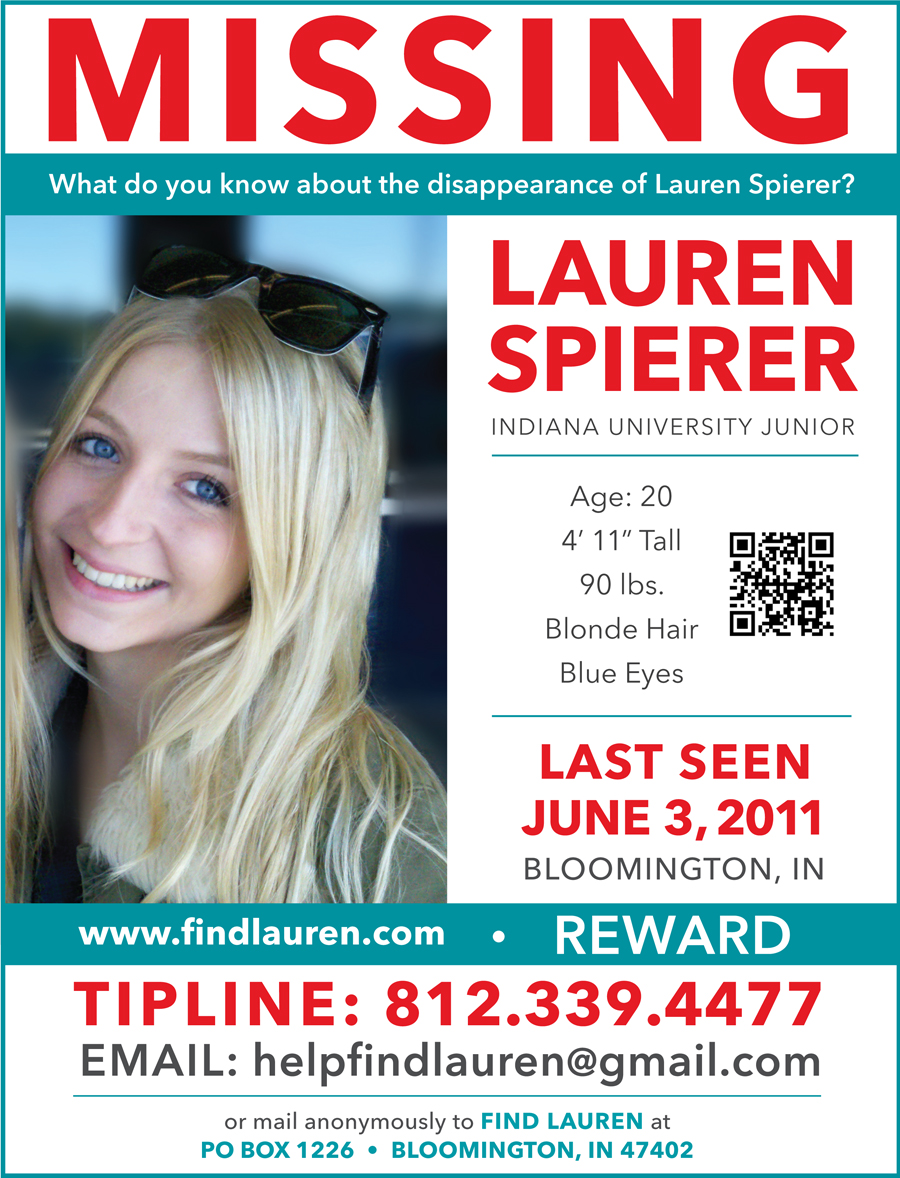

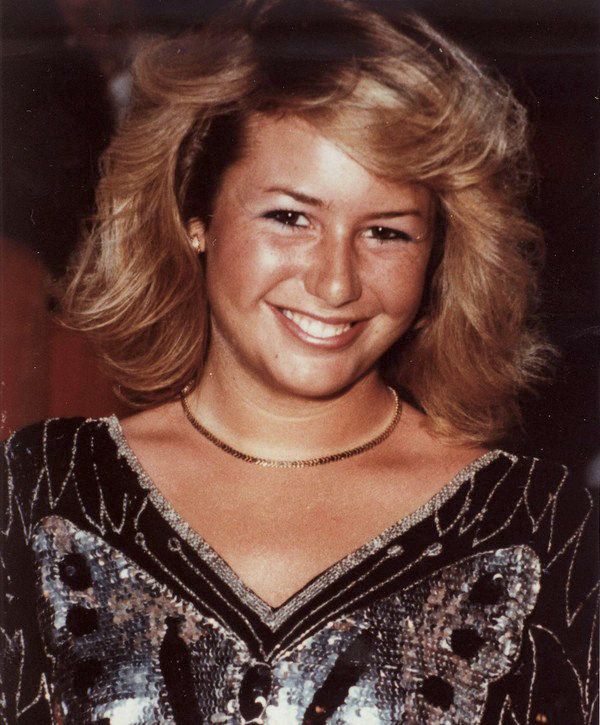









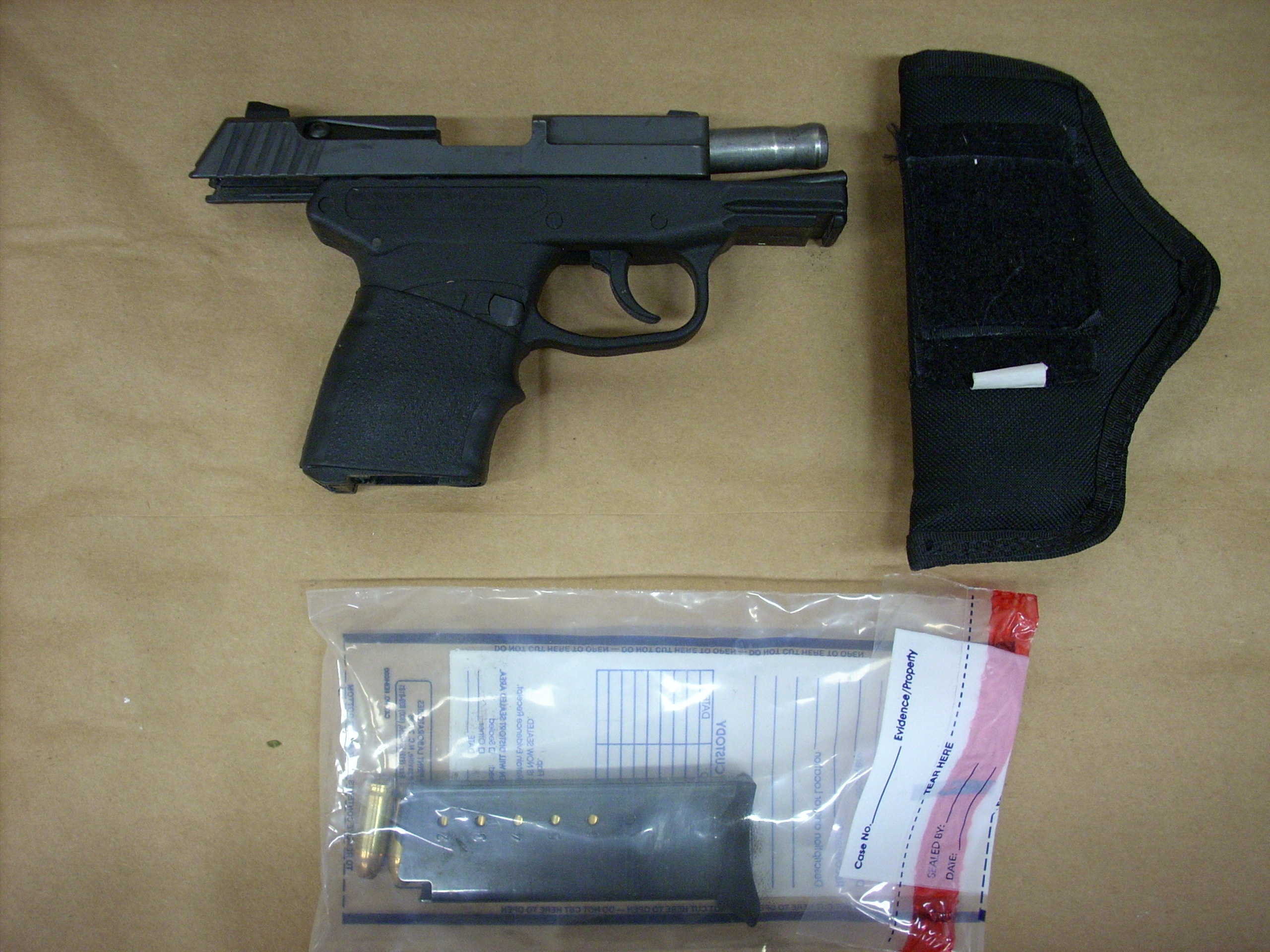
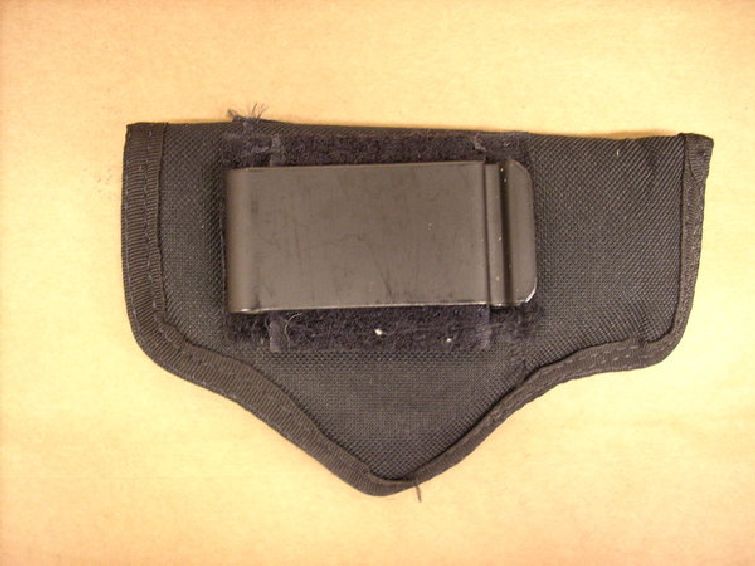
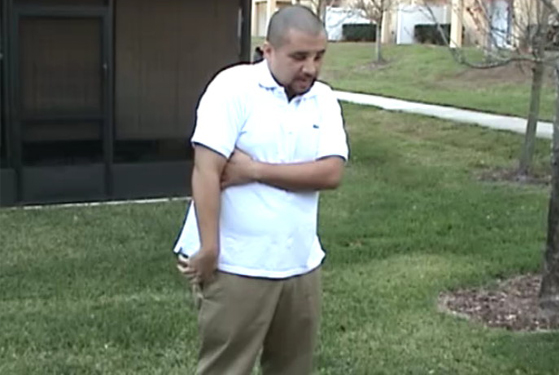
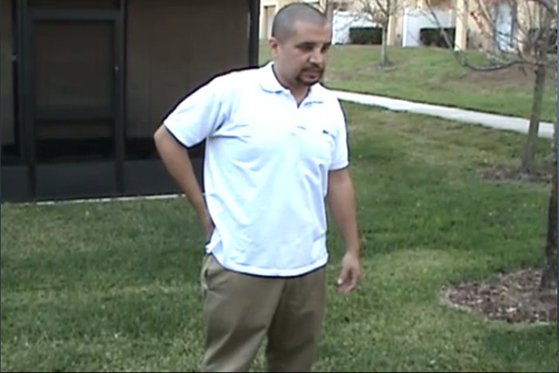

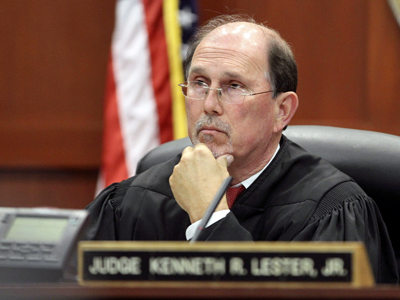

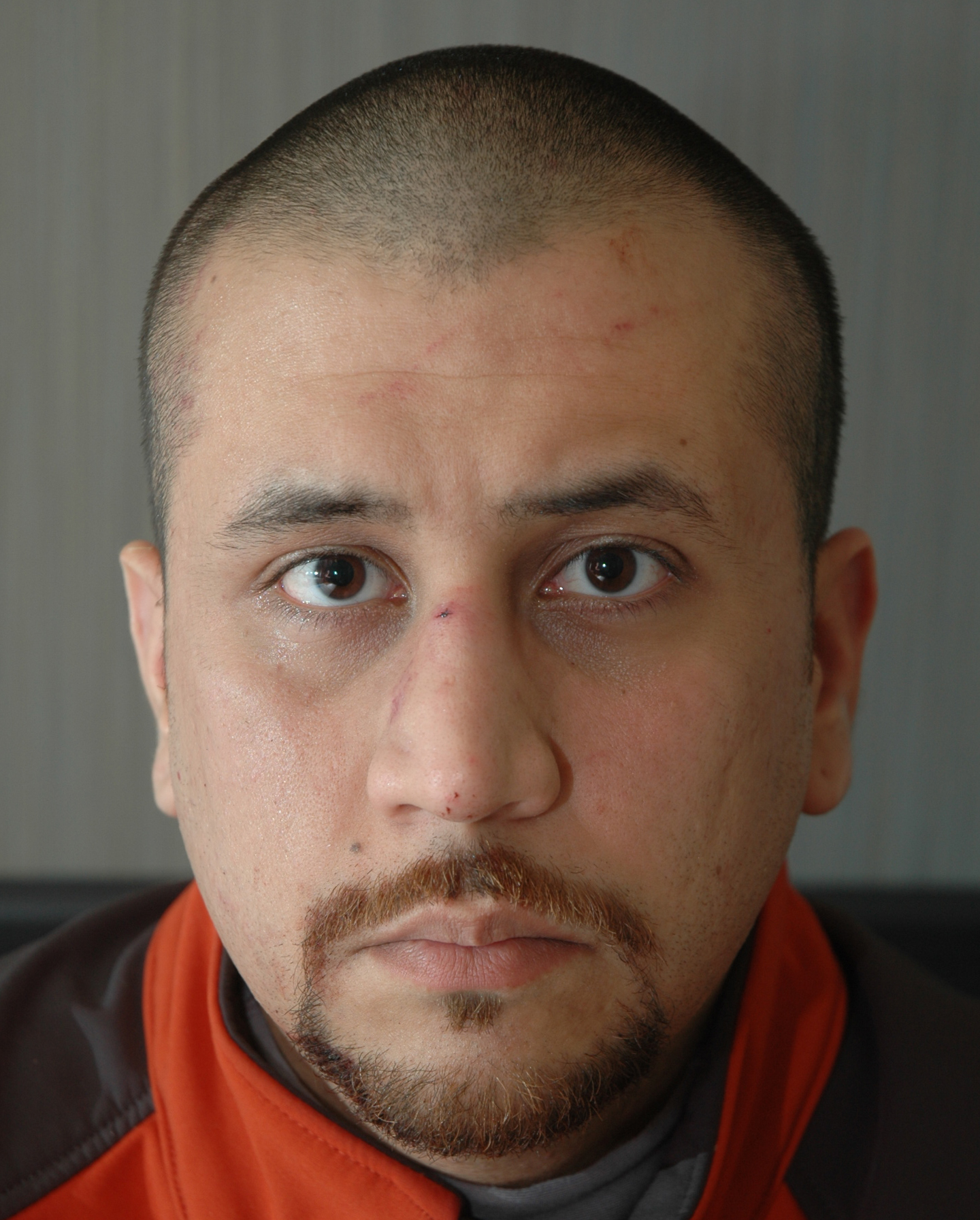
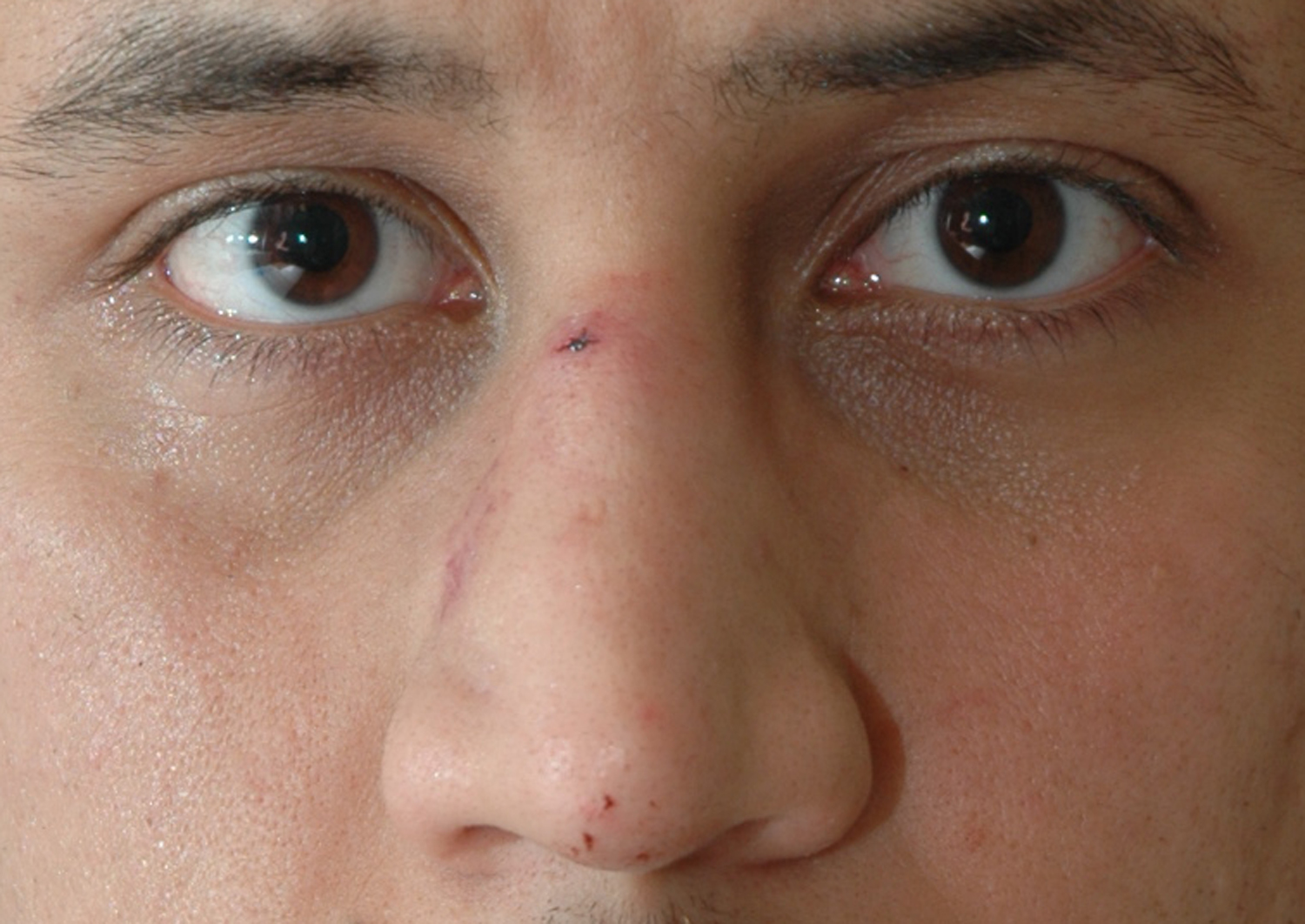
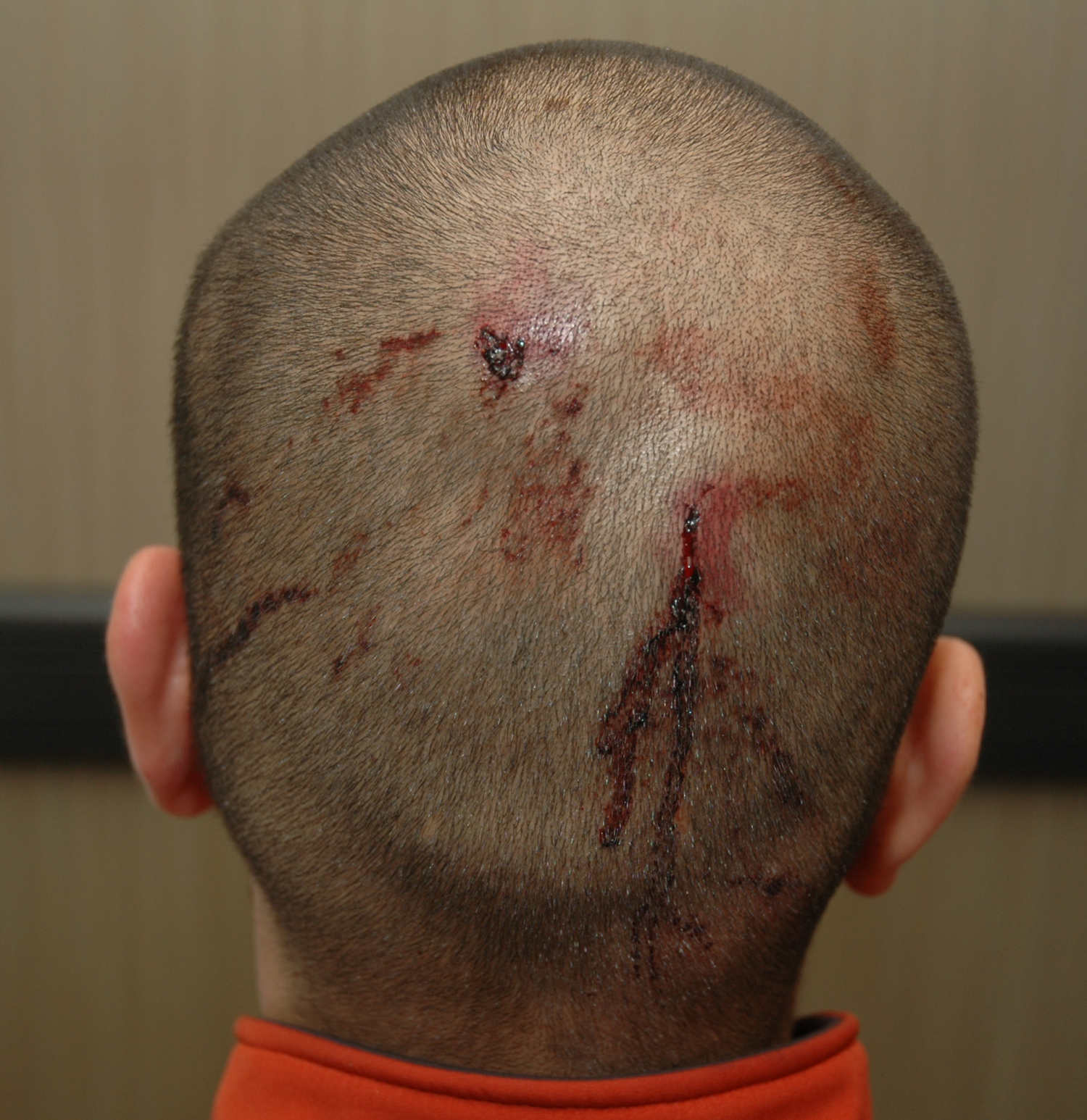



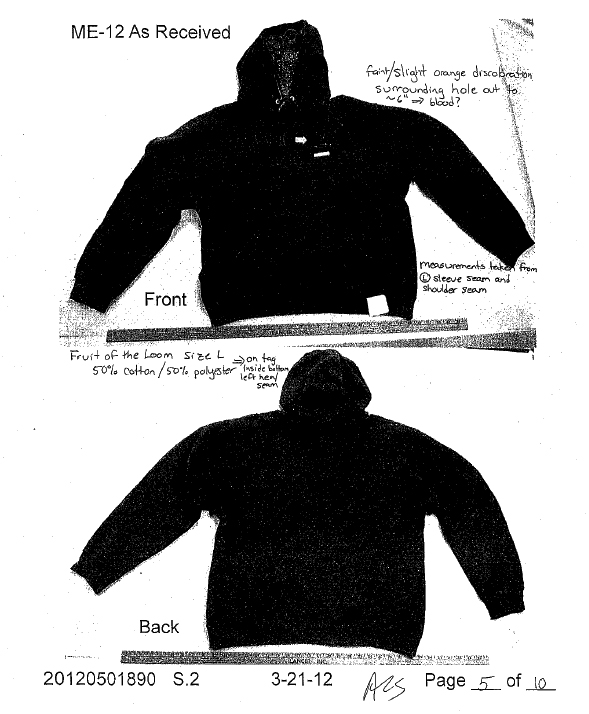
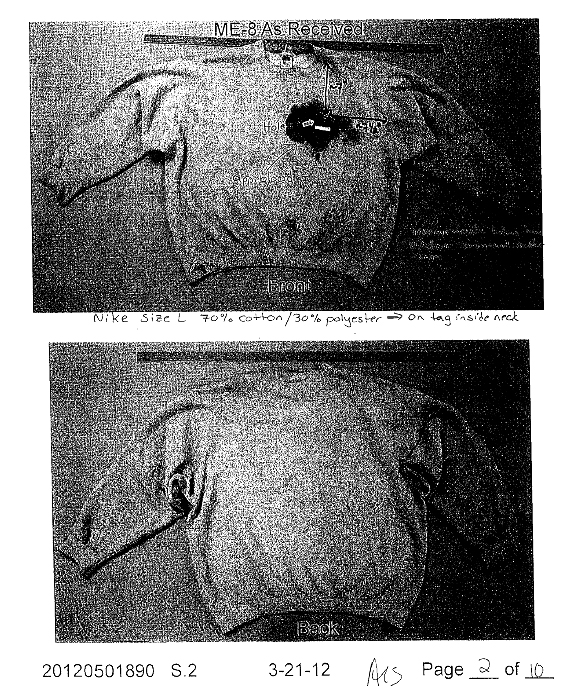
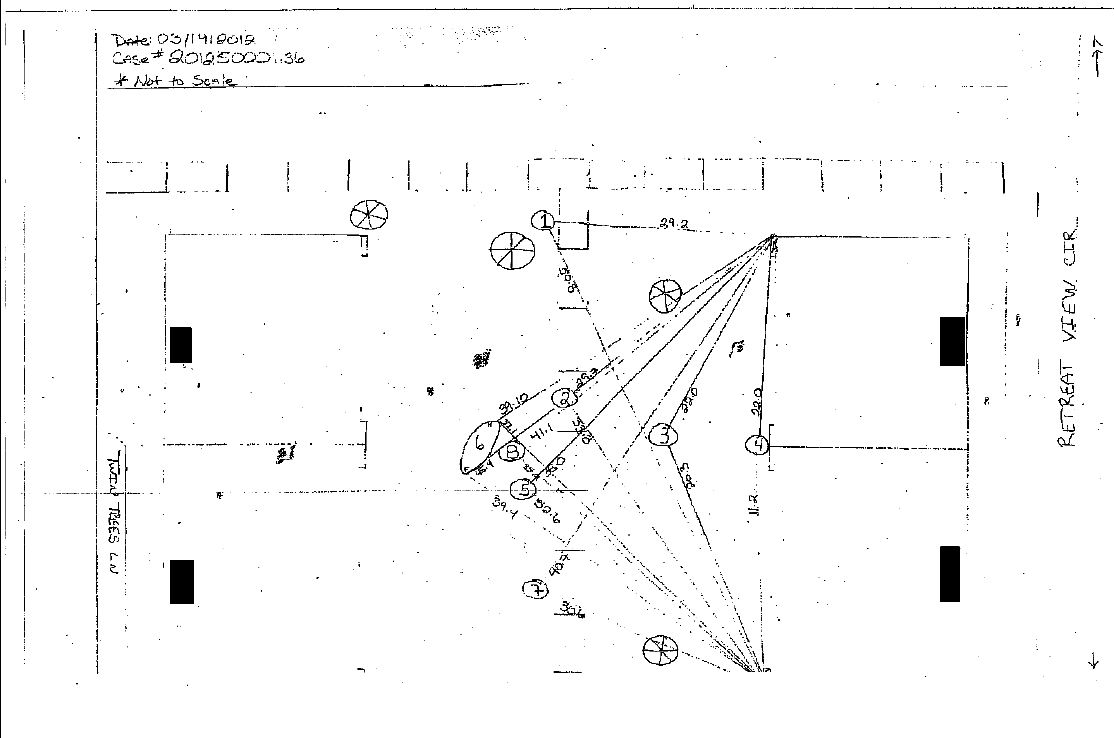
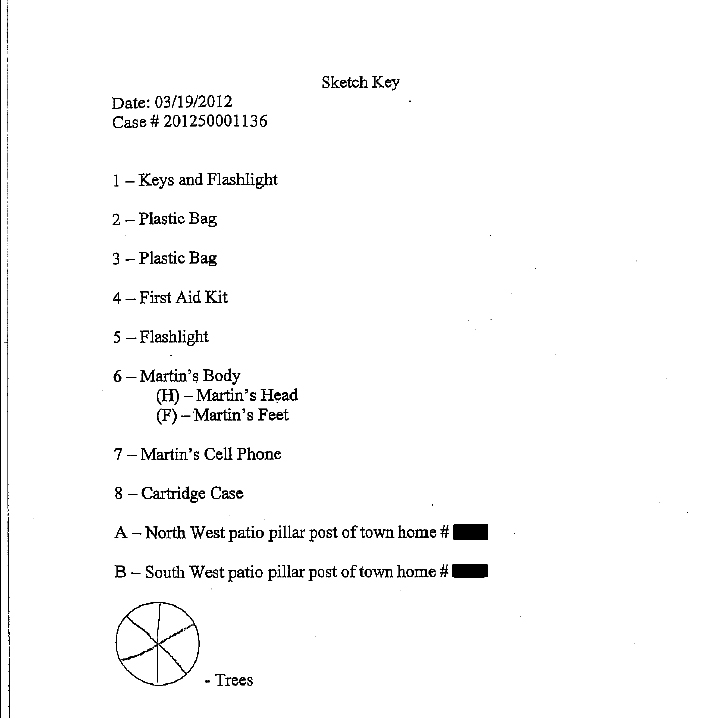
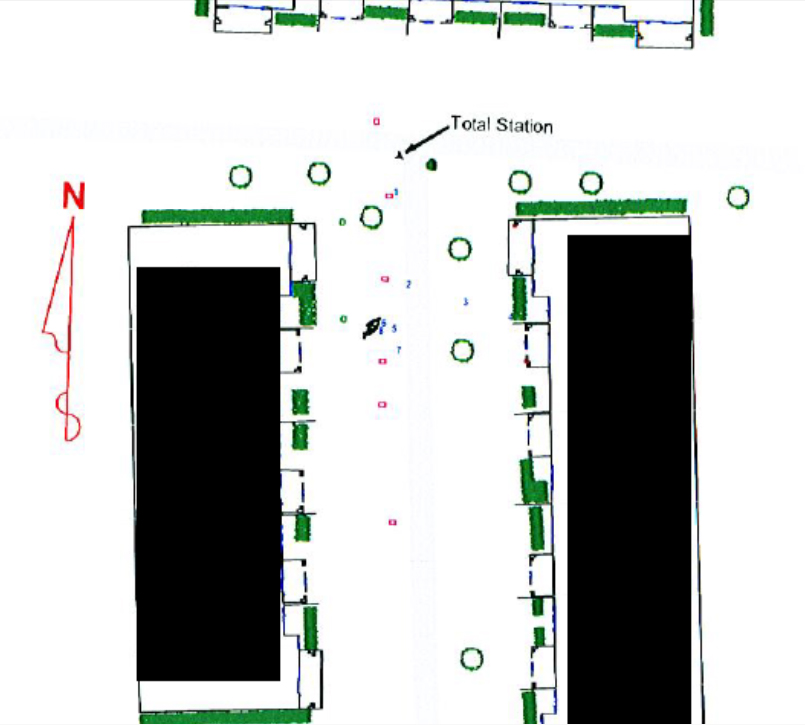
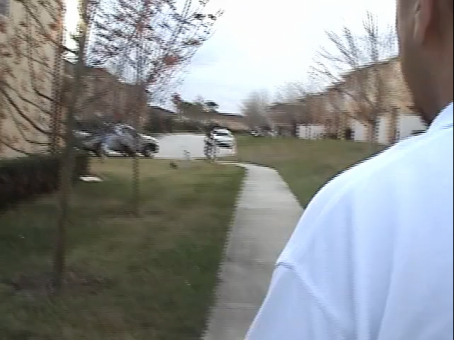
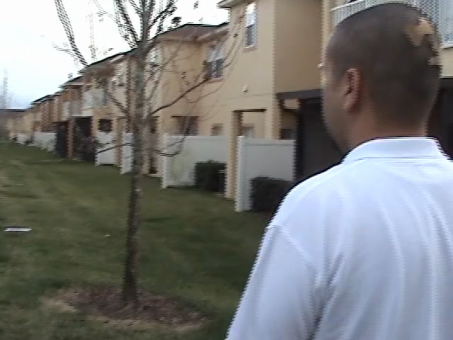
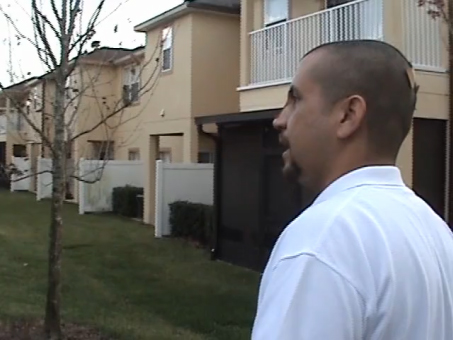
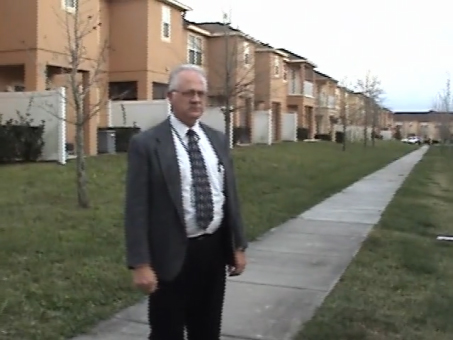
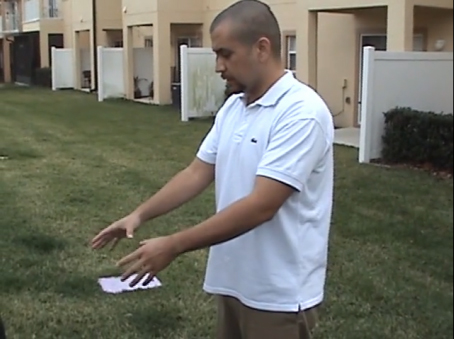
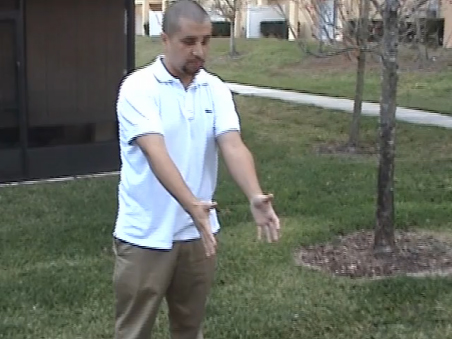
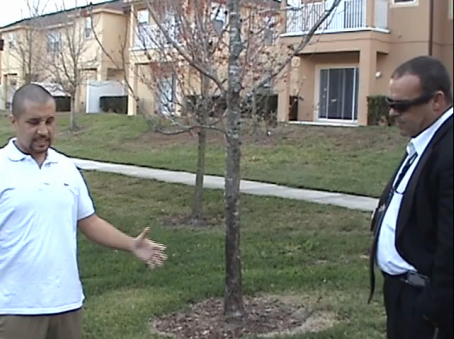
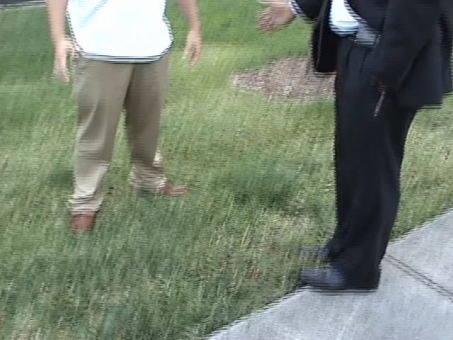
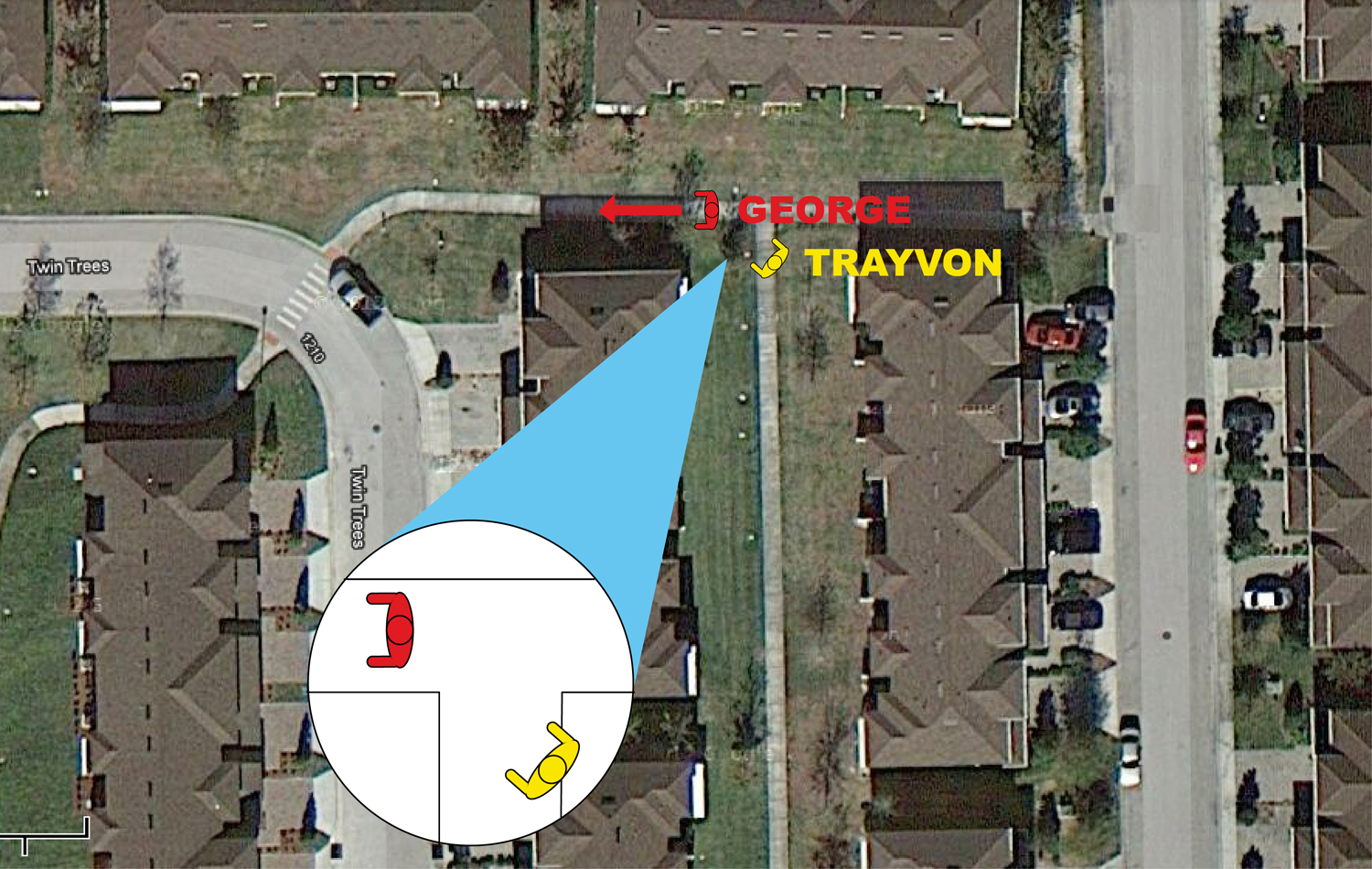
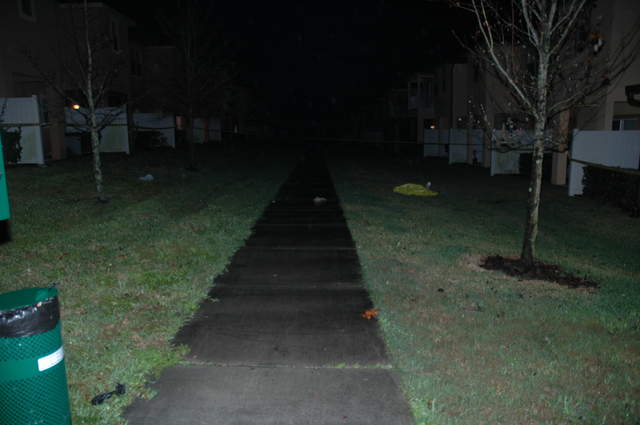
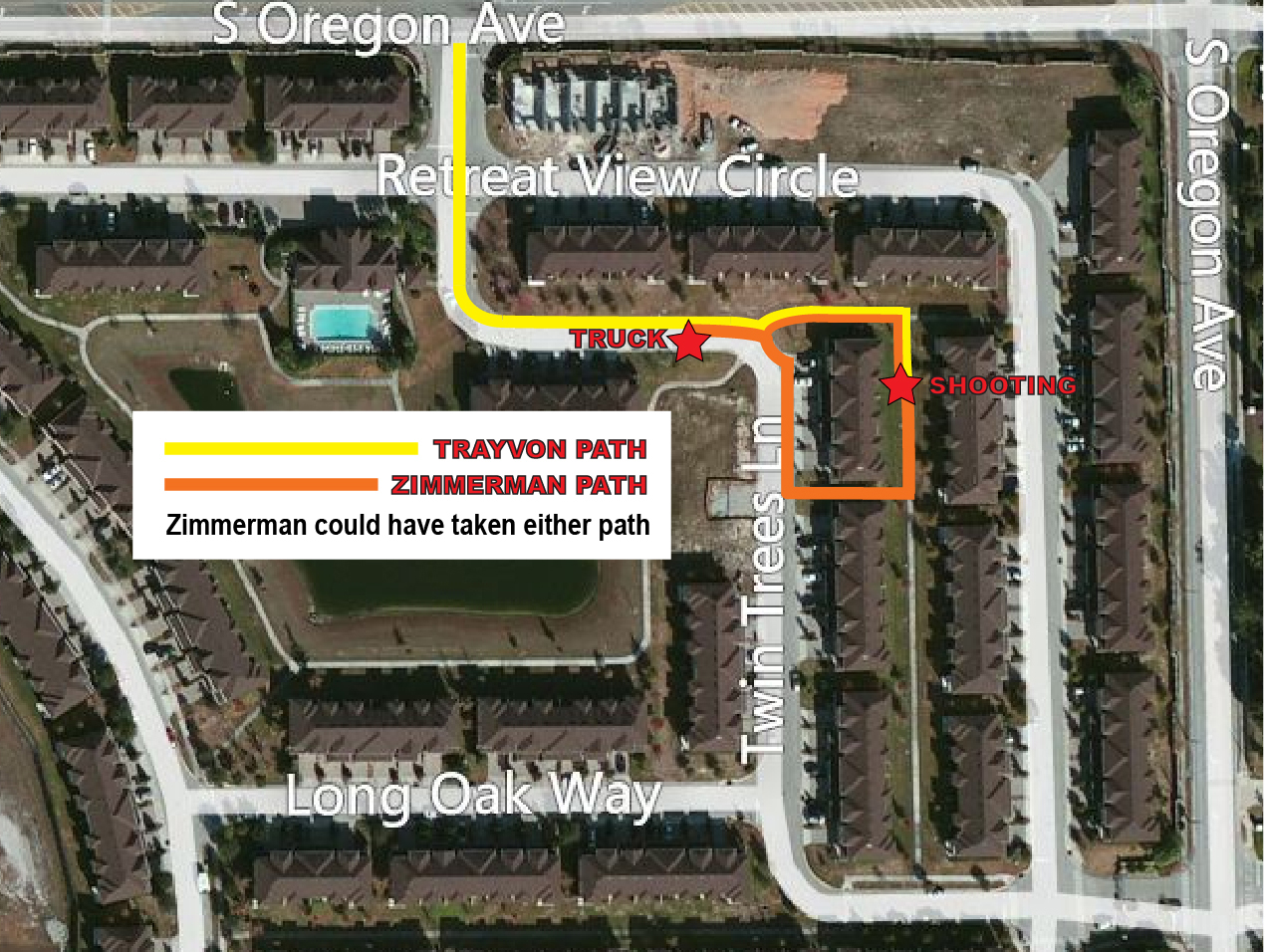
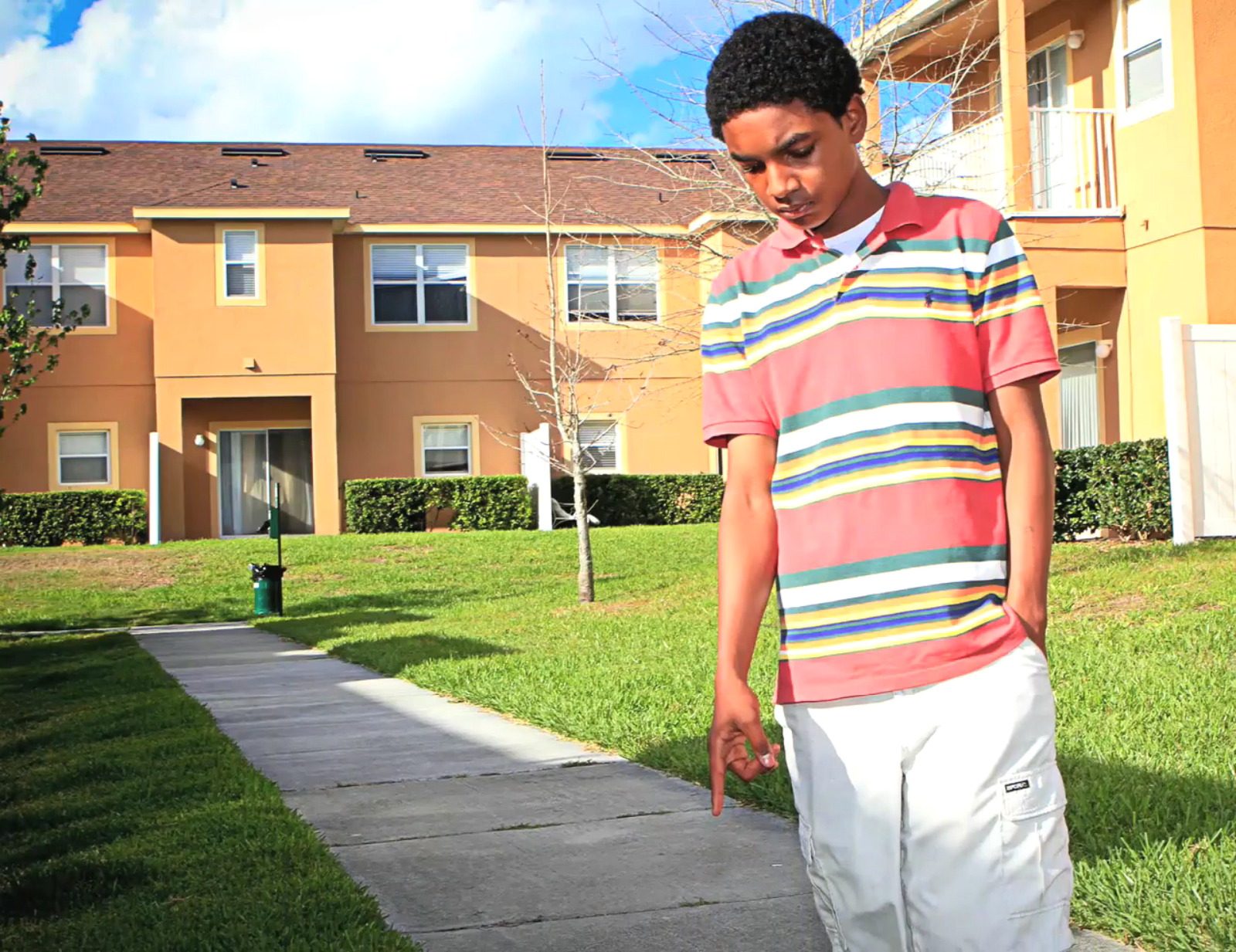
 LEGAL NOTICE
©David B. Knechel. All Rights Reserved. No portion of this site can be reproduced in it's entirety or in part without expressed written permission by the owner/administrator of this site in accordance with the Digital Millennium Copyright Act. Section 512(c)(3) of the U.S. Copyright Act, 17 U.S.C. §512(c)(3). The charges against defendants are mere accusations and the subjects are presumed innocent until found guilty in a court of law.
LEGAL NOTICE
©David B. Knechel. All Rights Reserved. No portion of this site can be reproduced in it's entirety or in part without expressed written permission by the owner/administrator of this site in accordance with the Digital Millennium Copyright Act. Section 512(c)(3) of the U.S. Copyright Act, 17 U.S.C. §512(c)(3). The charges against defendants are mere accusations and the subjects are presumed innocent until found guilty in a court of law.